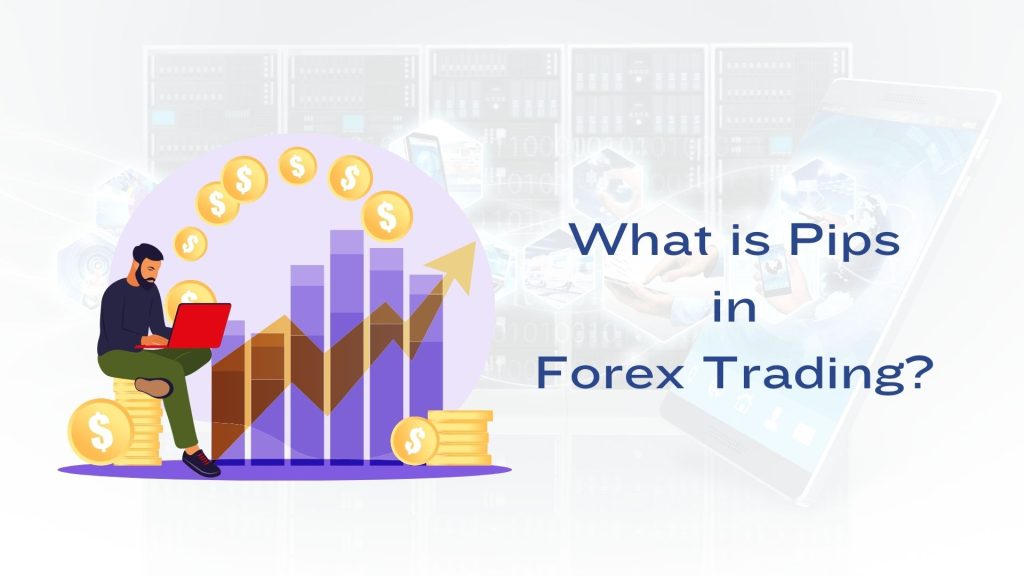
What is Pips in Forex Trading? Understanding Forex Jargon Part I
Finance is a complex subject, especially when it comes to the financial market and forex trading. There is so much jargon and terminology that may seem difficult for beginners to understand. Among the many terms and jargon used, one term that frequently pops up is “Pip.”
While it might seem like an obscure term, Pip carries significant meaning and plays a crucial role in forex traders’ strategies and decision-making processes. What does it mean? Let’s find out in this article.
Join the global network of professionals and find the ideal trading and liquidity partners now!
What is Pips in Forex Trading?
In forex trading, pip stands for “percentage in point” or sometimes “price interest point.” It represents the smallest price movement that a given exchange rate can make based on market convention. Typically, one pip equals 0.0001 for most currency pairs or 0.01 if the JPY is the counter currency.
Most currency pairs are quoted to four decimal places (0.0001), except for currency pairs involving the Japanese yen (JPY), which are quoted to two decimal (0.01) places.
For most currency pairs, 1 pip equals 0.0001 of the quoted price. For example:
- One pip has moved if the EUR/USD currency pair moves from 1.1200 to 1.1201.
- If the USD/JPY currency pair moves from 110.50 to 110.51, it has also moved one pip.
However, for currency pairs involving the Japanese yen, where the yen is the counter currency, one pip is typically equal to 0.01. For example:
- If the USD/JPY currency pair moves from 110.50 to 110.51, it has moved one pip.
- If the USD/JPY currency pair moves from 110.50 to 110.52, it has moved two pips.
Why Is Pip Important in Forex Trading?
Here are the main uses of pips in forex trading.
Precise Price Movements
Pips serve as a standardised unit of measurement for price movements in the forex market. Traders use pips to quantify and analyse changes in exchange rates, allowing them to track market movements accurately.
Profit and Loss Calculation
Pips play a crucial role in determining a trade’s profit or loss. Since forex trading involves buying one currency while simultaneously selling another, the difference in pip value between the entry and exit points determines the profit or loss. Traders express these gains or losses in terms of pips.
Technical Analysis
Pips are integral to technical analysis, a methodology forex traders use to forecast future price movements based on historical price data. Technical analysts rely on pips to identify patterns, trends, support, and resistance levels on price charts, aiding their trading decisions.
Leverage and Position Sizing
Understanding the value of pips is crucial for managing leverage and determining position sizes. Since leverage amplifies both profits and losses, traders must be aware of their positions’ pip values to control risk effectively and allocate capital efficiently.
Conclusion
Pips are the building blocks upon which traders construct strategies, analyse market movements, and manage risk. Forex traders can make informed decisions and make profits by understanding the significance of pips and incorporating them into their trading practices.
To learn more about forex trading, follow us on LinkedIn.





